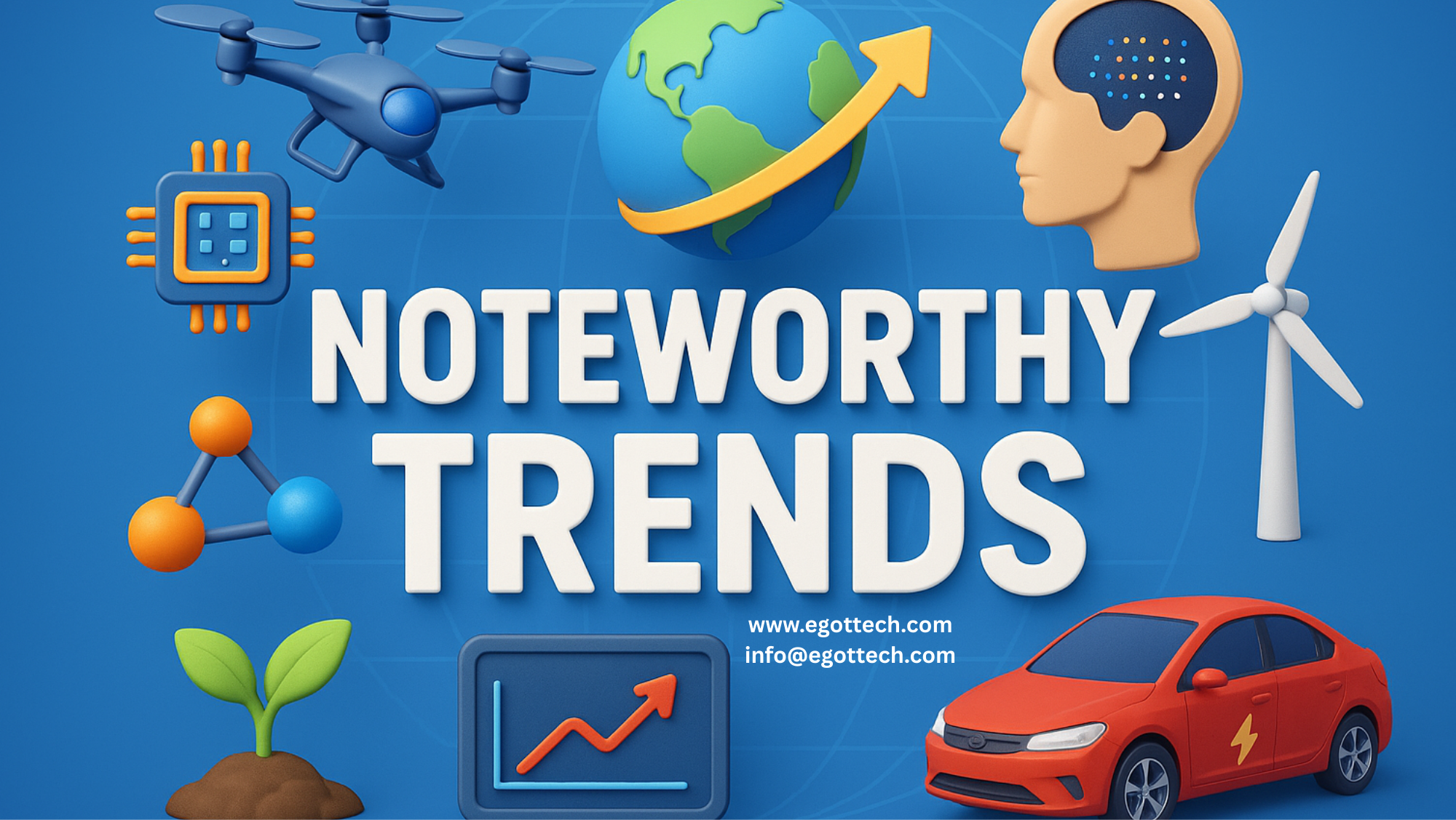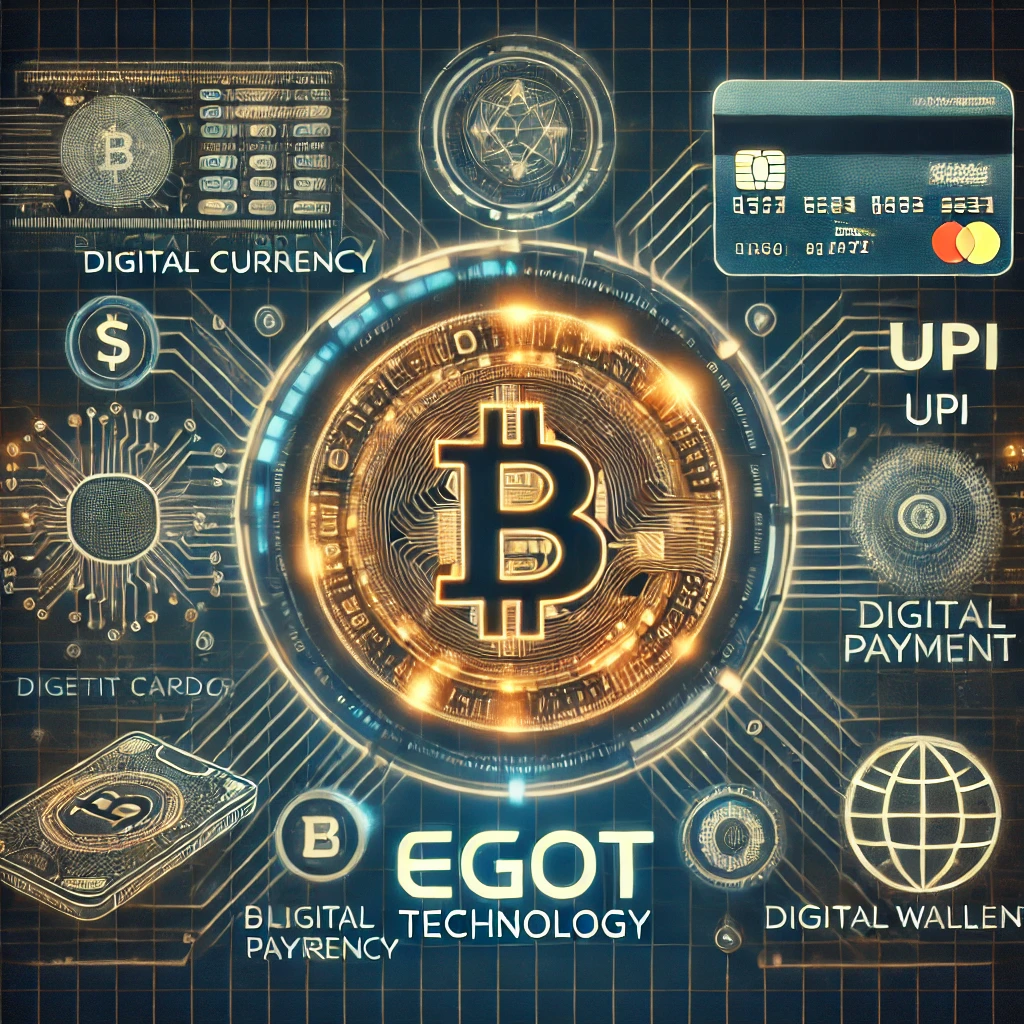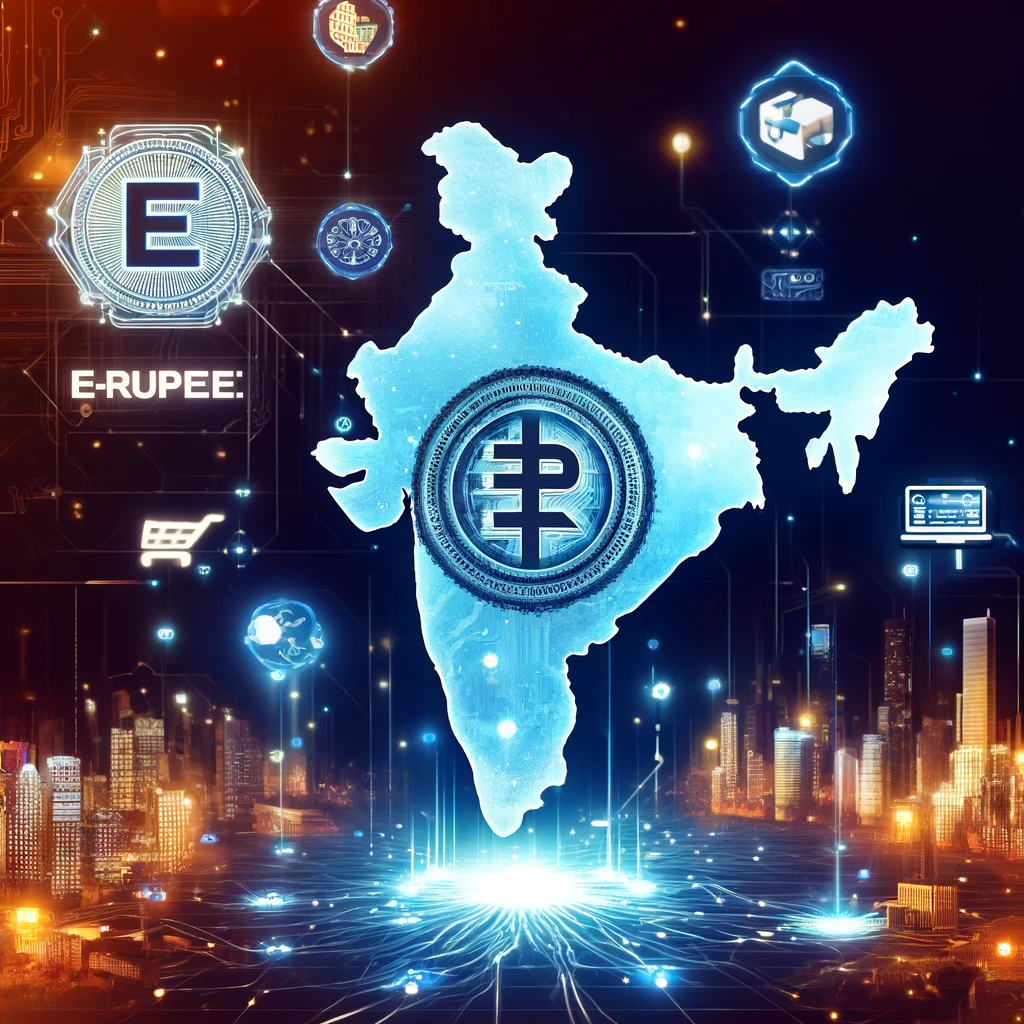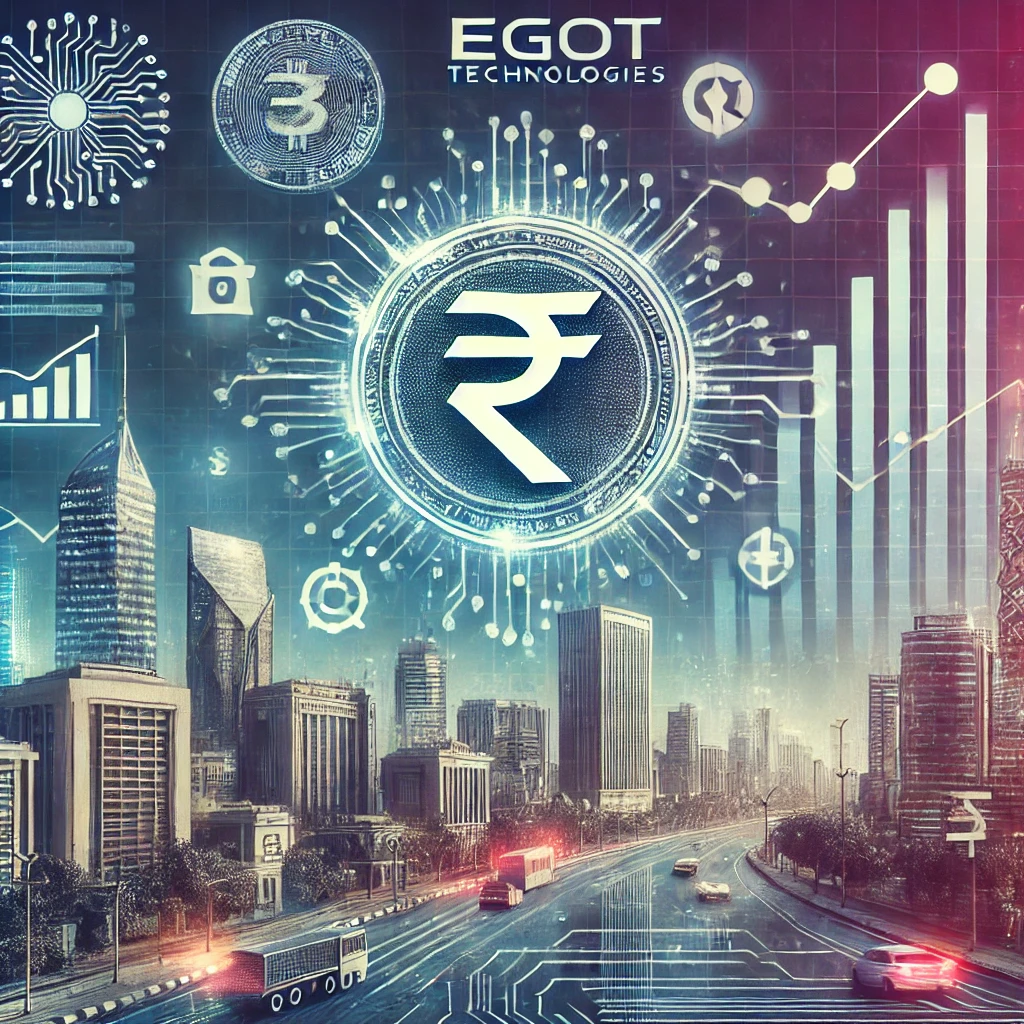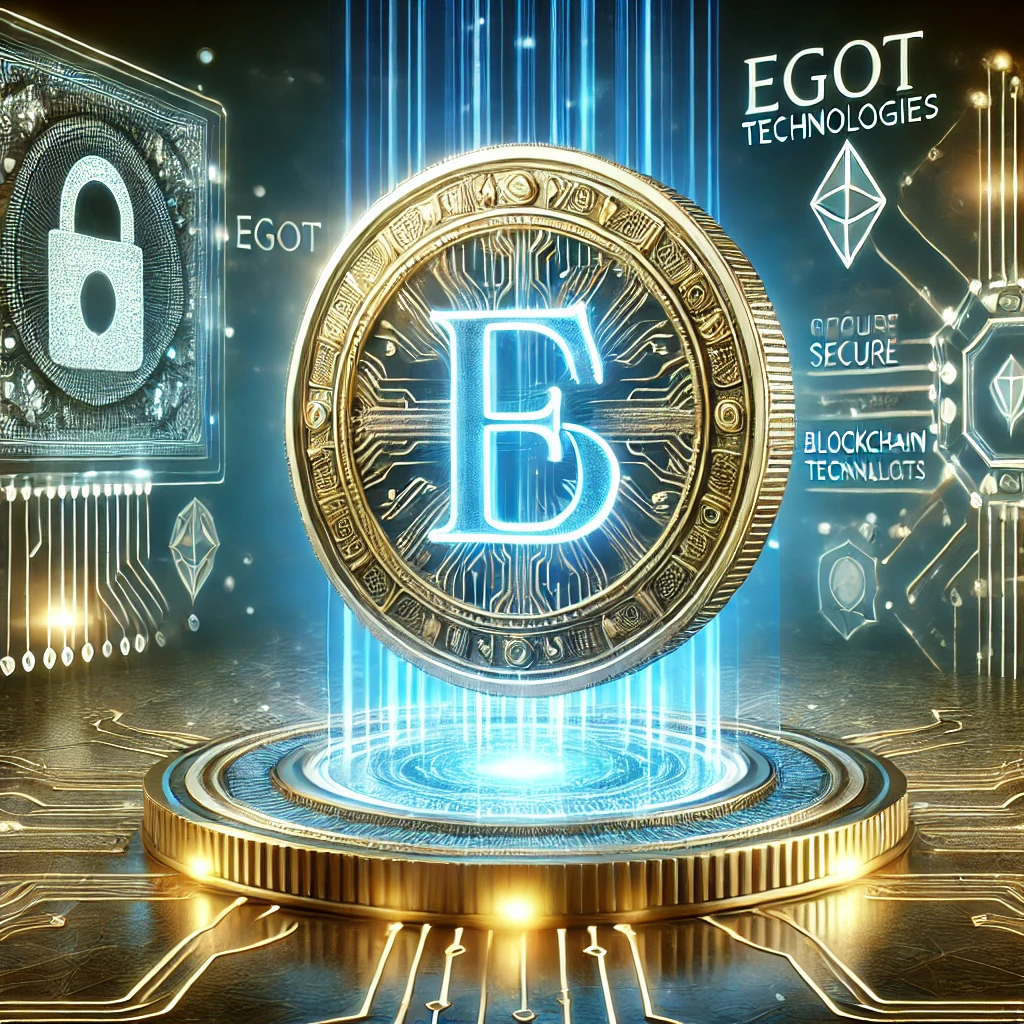Noteworthy Trends
Technology & Business Trends Consumer & Cultural Trends Career & Workforce Summary Snapshot Category Key Trends Technology Quantum computing, agentic AI, spatial/hybrid computing, synthetic humans Sustainability Green hydrogen, energy-as-a-service, climate-linked business pivots Mobility Robotaxis, air taxis Biotech CRISPR therapies, sustainable agtech, biotech expansion Culture Nostalgic branding, vibe-driven fashion, bold prints Work Freelance growth, skill-based hiring, … Read more


